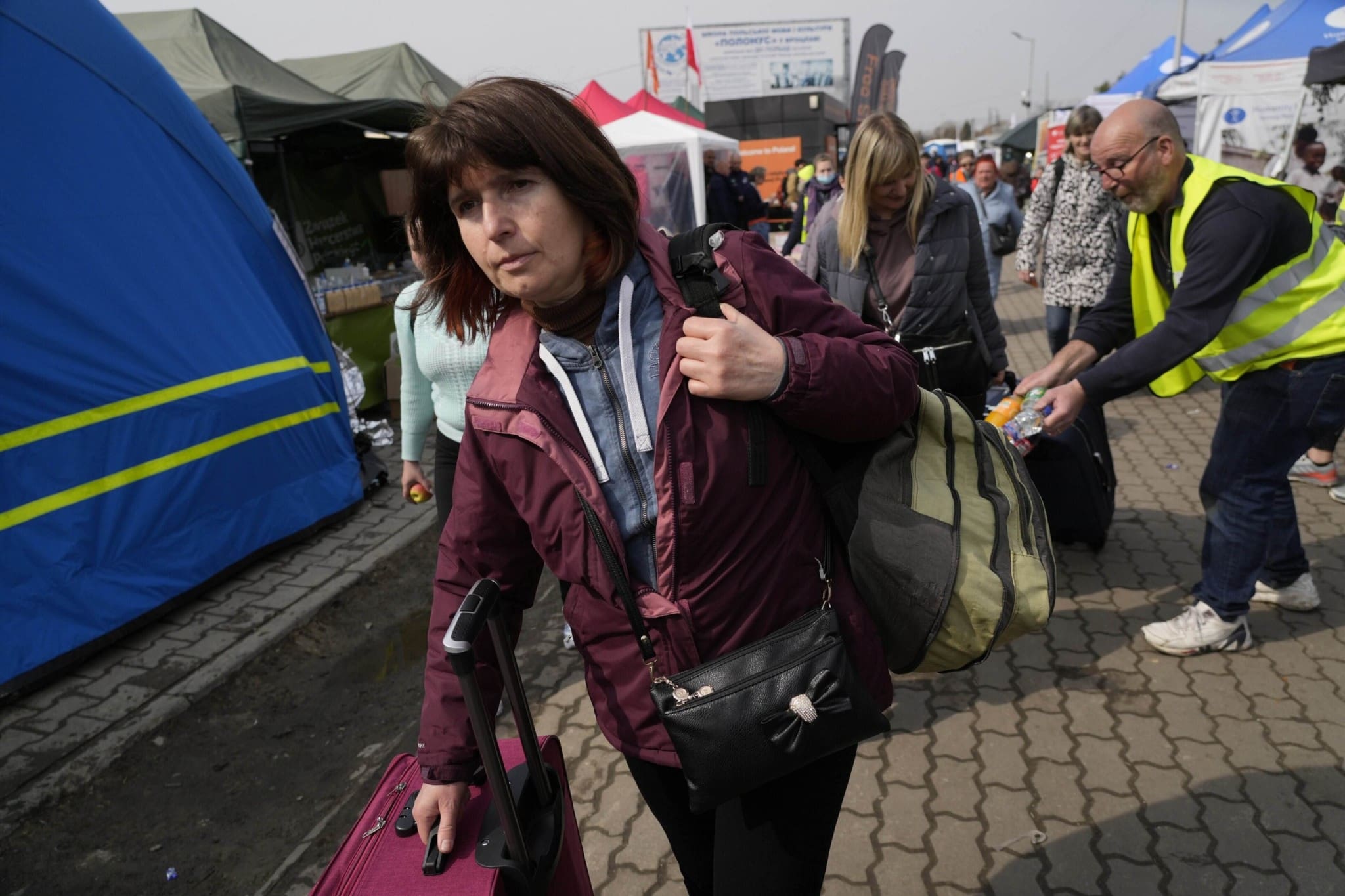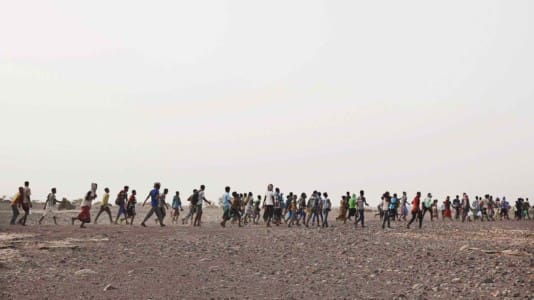Czechia will begin to find out about the education and current profession of Ukrainian refugees before the Russian invasion of their country. Minister of Labor and Social Affairs Marian Jurečka said during an interview with iDNES.cz news outlet.
The editor mentioned that some Czech companies recruit Ukrainian workers through intermediary agencies and then do not pay mandatory insurance for them.
“We have been debating whether we would completely exclude people from Ukraine from being employed through agencies. Anyone who arrives from Ukraine with a visa has equal access to the labor market, so does not need an agency. We are trying to communicate intensively with the Ukrainian minority and the ambassador to Prague. These people have the same rights as Czech citizens and do not need any agency that can benefit from them,” said Jurečka.
He also responded to questions about the attitude of some opposition politicians, including Tomio Okamura of Freedom and Direct Democracy saying the government cared more about Ukrainian refugees than its own citizens. Jurečka claimed that Okamura’s behavior was no surprise to him.
The minister also commented on the tense situation in the crowded branches of the labor office, where there are conflicts between Czech citizens and refugees.
“We are trying to take steps to digtiize so that lines do not form. I understand that it is a certain discomfort for citizens. But if one stays in line for a while with someone who has lost a spouse, part of a family, a home, and his homeland is in danger, just as our country was during World War II, I would like people to have patience and sympathy,” he added.
According to Jurečka, the Czech government also is taking steps to place refugee children in school facilities. They also add adaptation groups where children can be during the day and mothers can go to work. It is allegedly necessary to overcome the language barrier of Ukrainian women. According to Jurečka, the ministers are also preparing an amendment to the law, which should encourage companies to offer more part-time jobs suitable for parents of small children.
“Last week, we decided that two new items would be included in our form filled in when applying for the humanitarian benefit, namely education, and profession,” Jurečka said as the government monitors the structure of newcomers in terms of their original professions.
The minister mentioned his own conversations with refugees who, according to him, want to return to their homeland as soon as possible.
“The first thing is that we have to help because it’s human. The second priority is to do everything we can so that people here can work and children can go to school. Let’s put them in the labor market so they can work and contribute to the state budget. If they decide to stay here, it may mean an opportunity for the Czech Republic,” Jurečka said, adding that it is not convenient to deal with the possible Czech pension of refugees now.
“I assume that Ukraine will function as a state, that the country will not be ruined for another ten to twenty years. And then, if they stay here, the Ukrainian government will pay a pension, just as we pay for citizens of other countries,” he said.
He also spoke about the benefits paid to so-called solidarity households, which accommodated refugees free of charge. The government will pay them a maximum of 12,000 korunas (€490) per month from March to June. According to Jurečka, the government is not yet considering a possible extension of this humanitarian benefit. The ministers monitor the situation and will react according to its further development.






